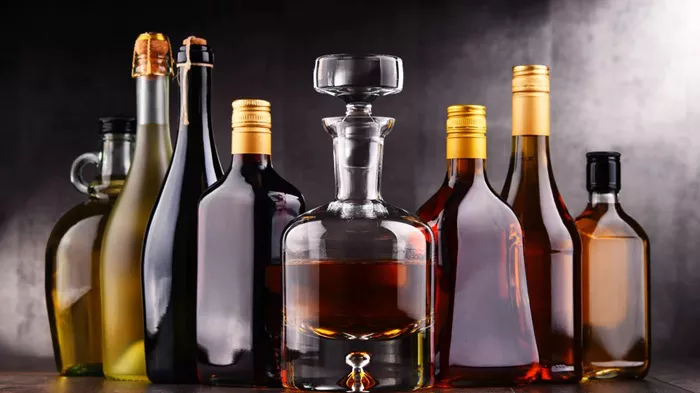Introduction and Context:
Whiskey and rum stand as pillars in the world of alcoholic beverages, each with a rich history and unique characteristics. Whiskey, often regarded as the drink of choice for connoisseurs, and rum, known for its tropical allure, have captivated drinkers for centuries. In this article, we embark on a journey to explore the distinct qualities of whiskey and rum, providing a comprehensive comparison to aid enthusiasts in understanding and appreciating these iconic spirits.
Sources and Origins:
Rum finds its roots in the sugarcane fields of the Caribbean, where it was first distilled during the 17th century. The process begins with the extraction of sugarcane juice, which is then converted into molasses and fermented before undergoing distillation.
Whiskey, on the other hand, traces its origins back to Ireland and Scotland, where monks are believed to have first distilled grains into spirits during the Middle Ages. Today, whiskey is made from a variety of grains such as barley, rye, and corn, with each type lending its distinct character to the final product.
Ingredients and Production:
Whiskey’s production relies on a combination of yeast, water, and grains. The type of grain used, along with factors like fermentation time and aging process, contributes to the diverse range of whiskey styles, including rye, bourbon, scotch, and Irish whiskey.
Rum, conversely, is primarily derived from sugarcane juice or molasses. This raw material, coupled with the fermentation and distillation processes, yields various types of rum, from light and clear to dark and aged varieties.
Distillation and Aging:
Both whiskey and rum undergo a similar production process involving fermentation, distillation, and aging. However, the methods employed differ significantly. Whiskey is typically double-distilled using pot stills or column stills, with variations such as Scotch whiskey often undergoing additional aging in oak barrels for added complexity.
Rum, on the other hand, is also double-distilled but commonly utilizes column stills or copper pots. Aging in wooden barrels, often previously used for bourbon or sherry, imparts unique flavors and colors to the final product.
Flavor Profiles:
Rum delights the palate with its sweet, spicy, and tropical notes, evoking flavors of coconut, pineapple, and exotic spices. The aging process adds depth and complexity, with aged rums showcasing rich caramel and vanilla undertones.
Whiskey presents a more intricate flavor profile, characterized by oak and smoky notes, alongside hints of vanilla, caramel, and spice. Each whiskey variety offers a distinct taste experience, from the robust and peaty flavors of Scotch whisky to the smooth and mellow profile of Irish whiskey.
Health Benefits and Risks:
Moderate consumption of both whiskey and rum may offer certain health benefits, such as improved heart health and stress reduction. However, excessive intake can lead to adverse effects, including liver damage and addiction. It’s essential for individuals to consume alcohol responsibly and in moderation.
Mixers and Pairings:
Rum’s versatility shines through in a myriad of cocktails, from the classic rum and coke to the refreshing daiquiri. Its sweet and fruity profile makes it a perfect base for tropical drinks, blending harmoniously with various mixers and ingredients.
Whiskey aficionados often prefer to enjoy their spirit neat or on the rocks, savoring its complex flavors and aromas. However, whiskey also lends itself well to cocktails like the old fashioned and whiskey sour, showcasing its versatility in mixed drinks.
Price and Value:
When it comes to cost, rum generally offers more affordability compared to whiskey. While premium and aged rums may command higher prices, there are plenty of budget-friendly options available. Whiskey, on the other hand, varies widely in price depending on factors such as type, age, and brand reputation.
Similarities and Versatility:
Despite their differences, both whiskey and rum enjoy widespread popularity and appreciation worldwide. Whether sipped neat, mixed in cocktails, or used in cooking, these spirits offer endless possibilities for exploration and enjoyment. Their versatility extends beyond the bar, enriching culinary creations and cultural traditions across the globe.
Conclusion:
In conclusion, the debate between whiskey and rum ultimately comes down to personal preference. While whiskey boasts complexity and depth, rum entices with its sweetness and tropical allure. Both spirits offer unique experiences and play integral roles in the world of mixology and gastronomy. Whether you’re a whiskey connoisseur or a rum enthusiast, there’s no denying the timeless appeal of these iconic beverages. So, raise your glass and toast to the diversity and richness of whiskey and rum, celebrating their enduring legacy in the realm of spirits. Cheers!


